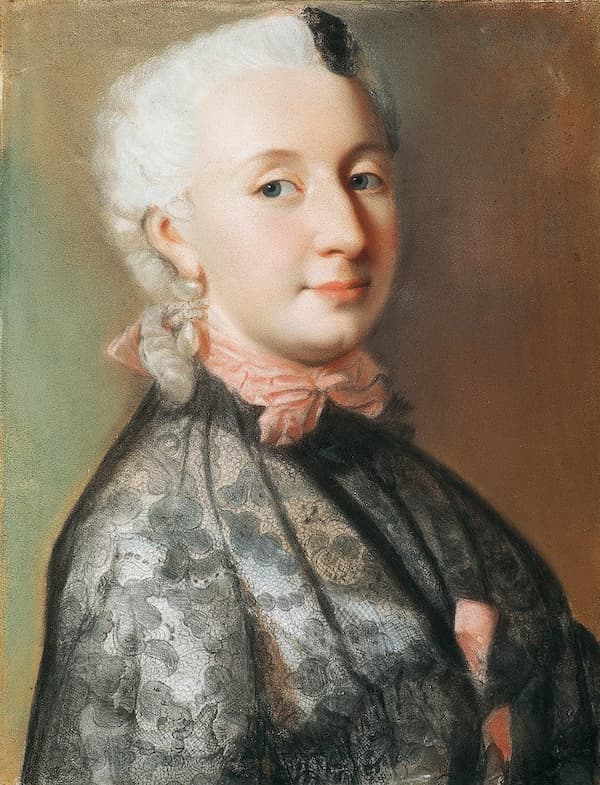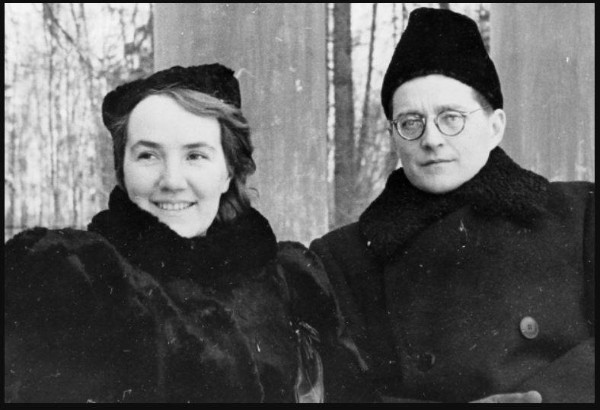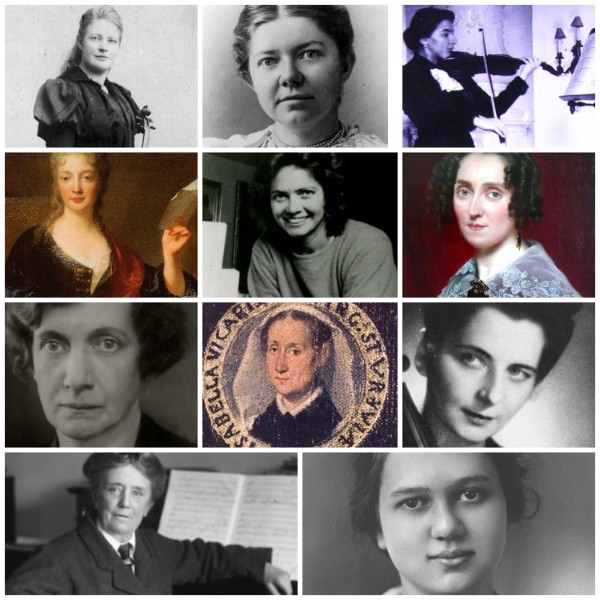Friedrich Ludwig (1707-51), Electoral Prince of Hanover but better known as Frederick Lewis or Frederick Prince of Wales, grew up at the German court in Hanover. His father, King George II, had already moved to England in 1714, and he summoned Frederick to London in 1728. Frederick had been a keen musician from an early age, and his favorite instrument was the violoncello. Sadly, London never really warmed to the prince, and he was even branded “a buffoon fiddler.”
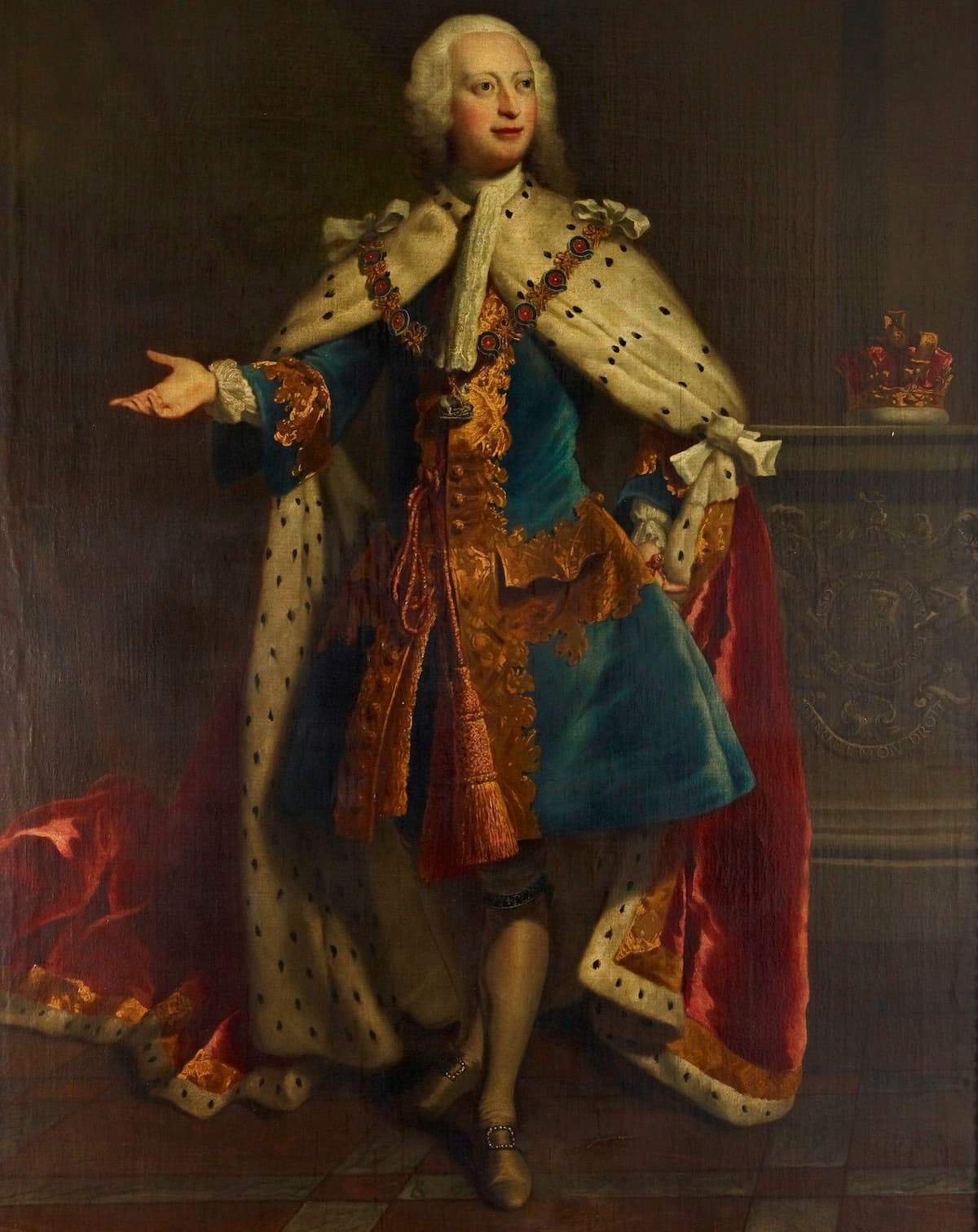
Frederick, Prince of Wales attr. to Joseph Highmore
In addition, there was great animosity between George II and Frederick. The King wrote, “My dear firstborn is the greatest ass, the greatest liar, the greatest canaille, and the greatest beast in the whole world, and I heartily wish he was out of it.” Frederick’s love of music wasn’t the issue, but what got his father really wound up was the fact that his son sponsored a court of opposition politicians. Frederick and his group supported the Opera of the Nobility in Lincoln’s Inn Fields as a rival to Georg Frideric Handel’s royally sponsored opera at the King’s Theatre in the Haymarket. Royal animosity aside, Frederick’s patronage of the arts did result in one of the best-known British patriotic songs, “Rule Britannia” by Thomas Arne.
Thomas Augustine Arne: Alfred: Rule Britannia (arr. M. Sargent) (Anne Collins, mezzo-soprano; Royal Liverpool Philharmonic Choir; Royal Liverpool Philharmonic Orchestra; Charles Groves, cond.)
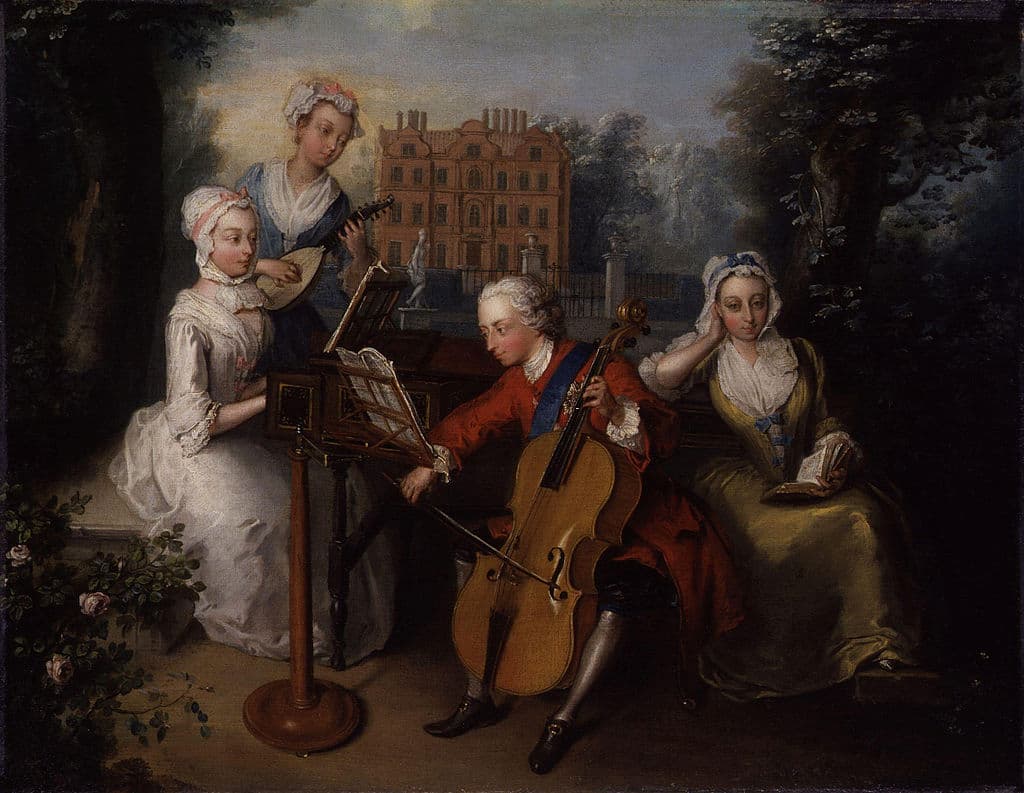
Philippe Mercier: ‘The Music Party’ – Frederick, Prince of Wales, and his sisters by Philip Mercier
Arne was Frederick’s favorite composer, and the masque Alfred, containing “Rule Britannia,” was first performed on 1 August 1740 at the country home of the Prince and Princess of Wales. This masque “linking the Prince with both the medieval hero-king Alfred the Great’s victories over the Vikings and with the contemporary issue of building up British sea power obviously went well with Frederick’s political plans and aspirations.” Frederick was a capable amateur painter, enjoyed the natural sciences, and even took part in writing a theatrical comedy. But the general level of his dislike is readily gauged in this famous obituary poem.
Here lies poor Fred who was alive and is dead,
Had it been his father I had much rather,
Had it been his sister nobody would have missed her,
Had it been his brother, still better than another,
Had it been the whole generation, so much better for the nation,
But since it is Fred who was alive and is dead,
There is no more to be said!
Friederike Sophie Wilhelmine von Preußen: Harpsichord Concerto in G minor
When it was time for Frederick Prince of Wales to look for a bride, his parents looked no further than Princess Wilhelmine of Prussia. She was the older sister of Frederick the Great, and the granddaughter of George I of Great Britain.
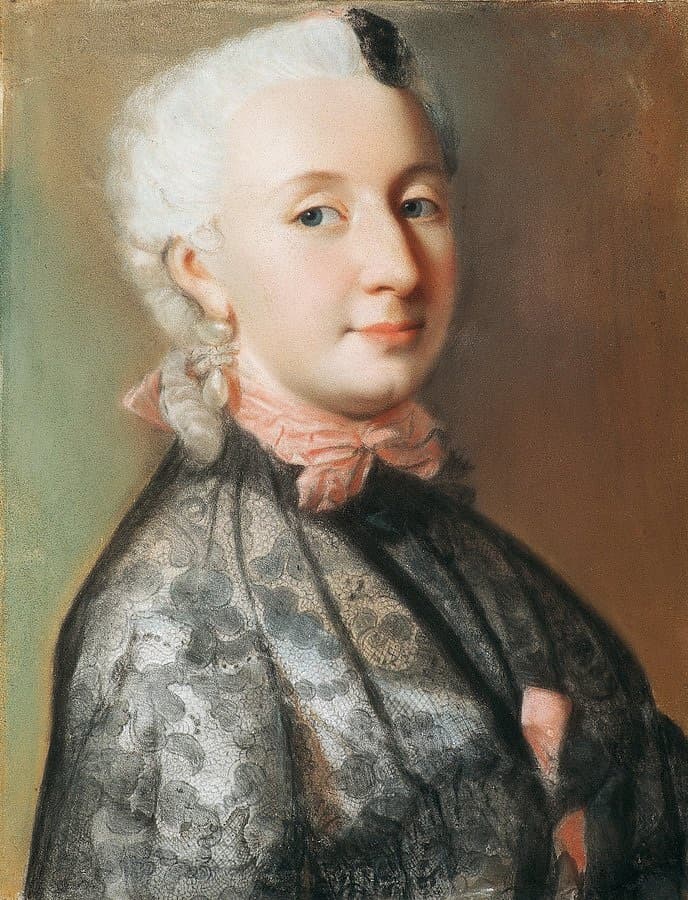
Wilhelmine Sophie von Preußen, 1. Frau von Friedrich III
Political considerations aside, this was thought a great match because Wilhelmine was also a musician and composer. By all accounts, she was a gifted lutenist who had studied under Sylvius Leopold Weiss. Deeply interested in the sciences, she also formed a small book collection consisting of roughly 4,300 volumes, almost all in French. In fact, she also started writing her memoirs, Memoires de ma vie, around 1748. French and German versions were published at the beginning of the 19th century, and they provide information to “those who are curious about European Court history of the last age.” Her authorship of the Harpsichord Concerto in G minor has recently been questioned, but her opera Argenore was performed in 1740 for her husband’s birthday. That husband was not, as originally intended, Frederick Prince of Wales but Frederick the Margrave of Brandenburg-Bayreuth.
Friederike Sophie Wilhelmine von Preußen: Argenore “Overture”
Anna Amalia of Saxe-Weimar (1739-1807) was the niece of Princess Wilhelmine of Prussia. She married the Duke of Saxe-Weimar, Ernst Wilhelm Wolff, who was also an organist and composer. Anna Amalia asked her husband to give her private music lessons, and eventually, she became highly active in her advocacy of the new German opera genre called the Singspiel. Johann Adam Hiller, who is credited with composing the first German Singspiel, happily dedicated his initial work to Anna Amalia.
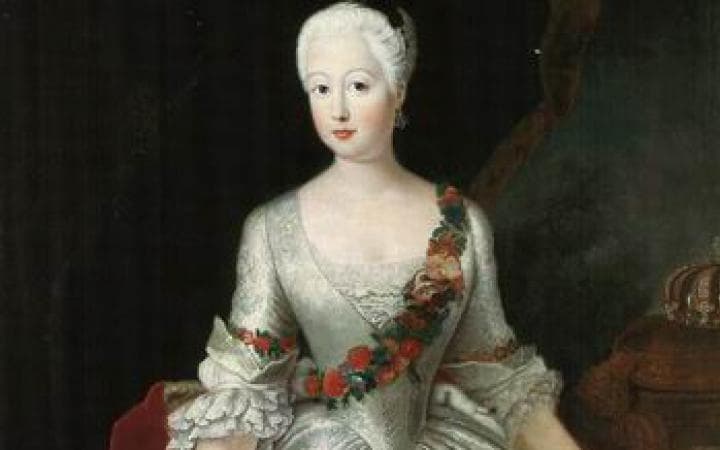
Anna Amalia, Princess of Prussia
In turn, Anna Amalia composed 20 Singspiele of her own, and she created the “Musenhof” (Court of Muses), known throughout Europe for its rich musical and cultural life. Christoph Martin Wieland, Johann Gottfried von Herder, Friedrich Schiller, and Johann Wolfgang von Goethe were all members of the Court of Muses and supplied libretti or poetry for some of Anna Amalia’s compositions. She managed to engage the best theatre company in Germany, and hired Christoph Martin Wieland, a poet and translator of William Shakespeare, to educate her son. She established the Duchess Anna Amalia Library, which now houses about a million volumes. Goethe did not attend her funeral as he thought “Death a very mediocre portrait painter.” However, he did publish an extended eulogy titled “In solemn memory of the most serene Princess Anna Amalia.”
For more of the best in classical music, sign up for our E-Newsletter

